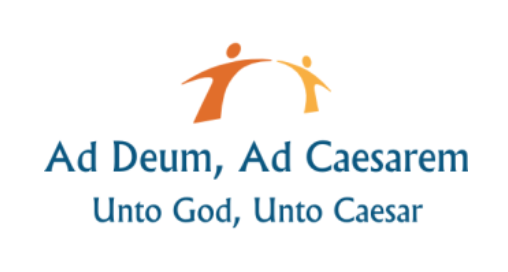INDIVIDUALS WITH DISABILITIES EDUCATION ACT (IDEA)
The Individuals with Disabilities Education Act (IDEA) is a federal program that provides federally-funded special education and related services to students with disabilities.
In some states, there may also exist state laws that grant to private school students state and/or locally funded special education (and related) services.
Unlike public school students, non-public (i.e. private/Catholic school) school students do not have an individual entitlement to IDEA services and, thus, not all Catholic school students will necessarily be served under IDEA.
Because in accord with the US Constitution's Supremacy Clause
state laws may never supersede federal laws, it is the case that state laws may never grant to special needs students less service(s) than those to which they are entitled under federal IDEA law nor undermine or thwart, in any manner, those same students' access to the IDEA services to which they are entitled.

